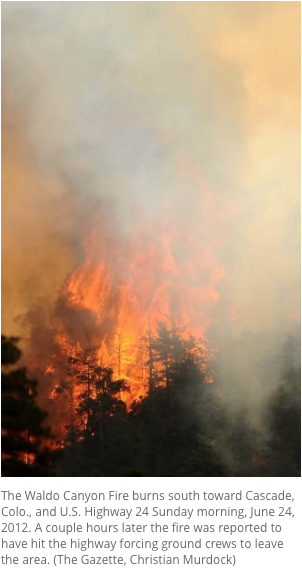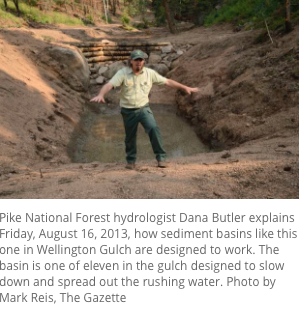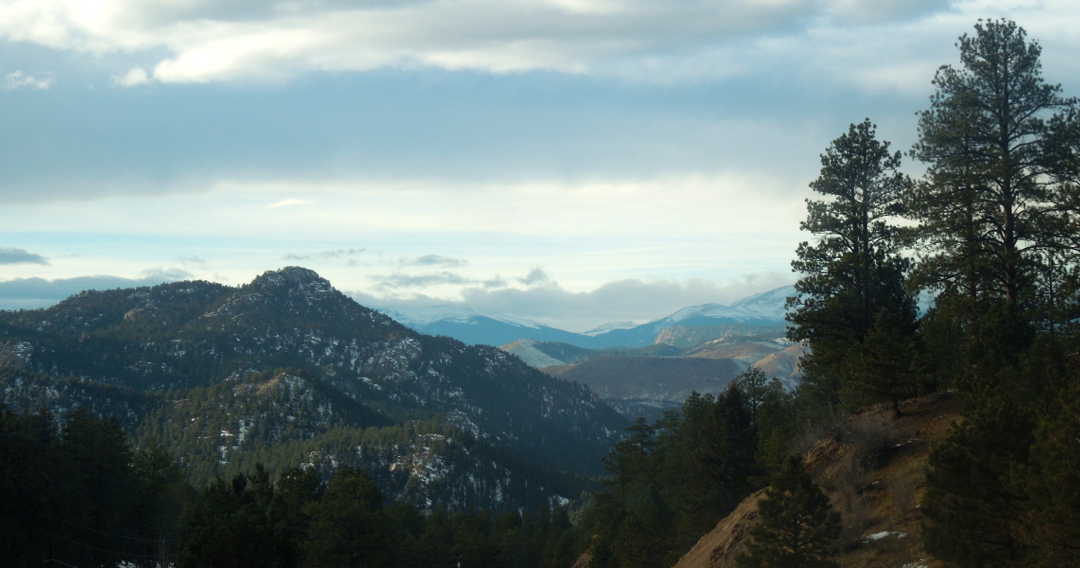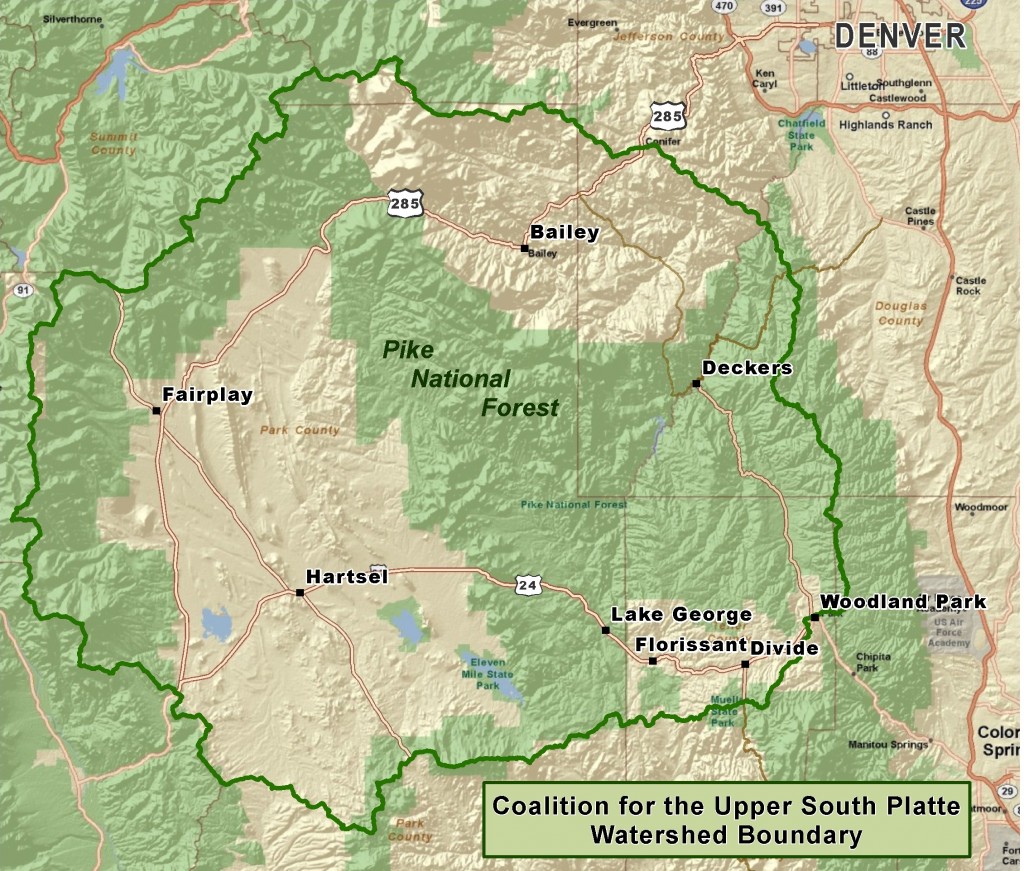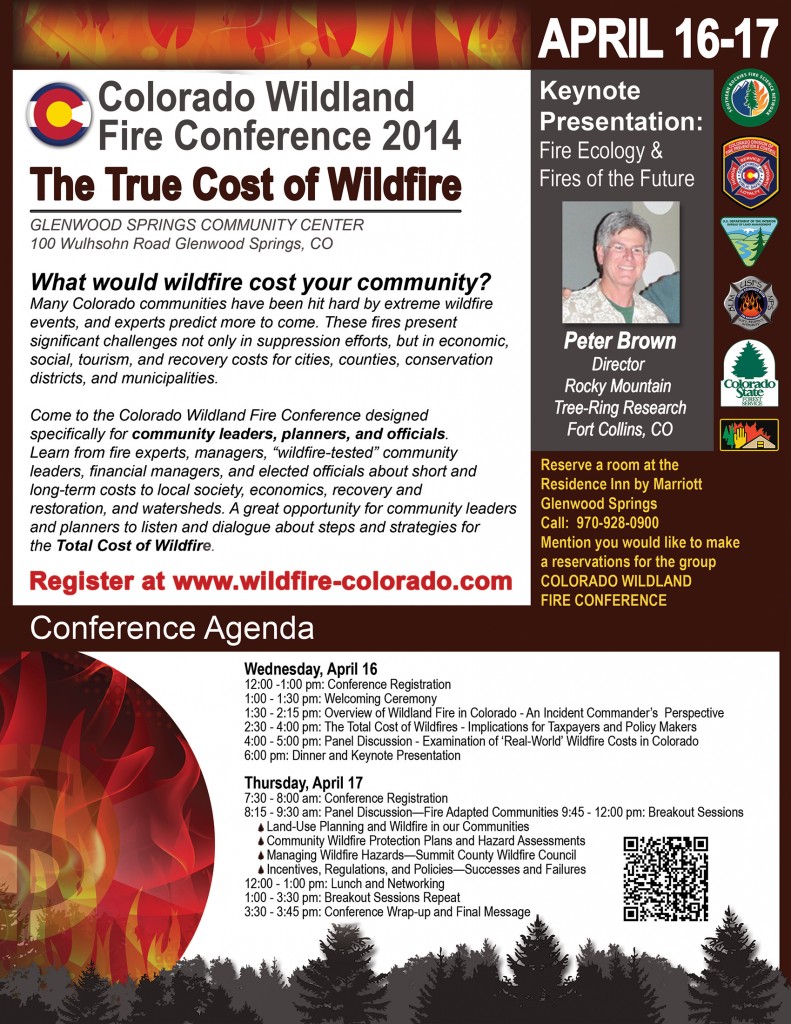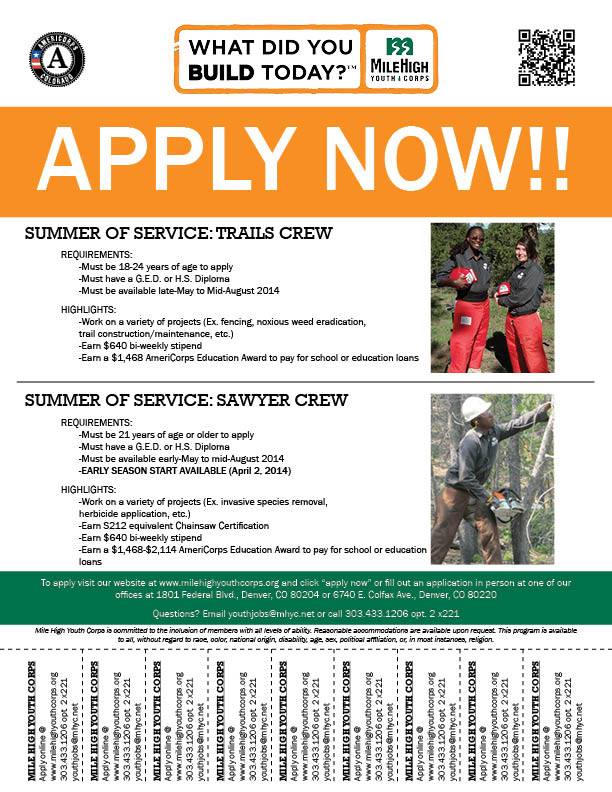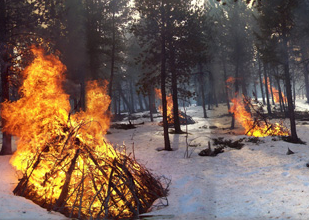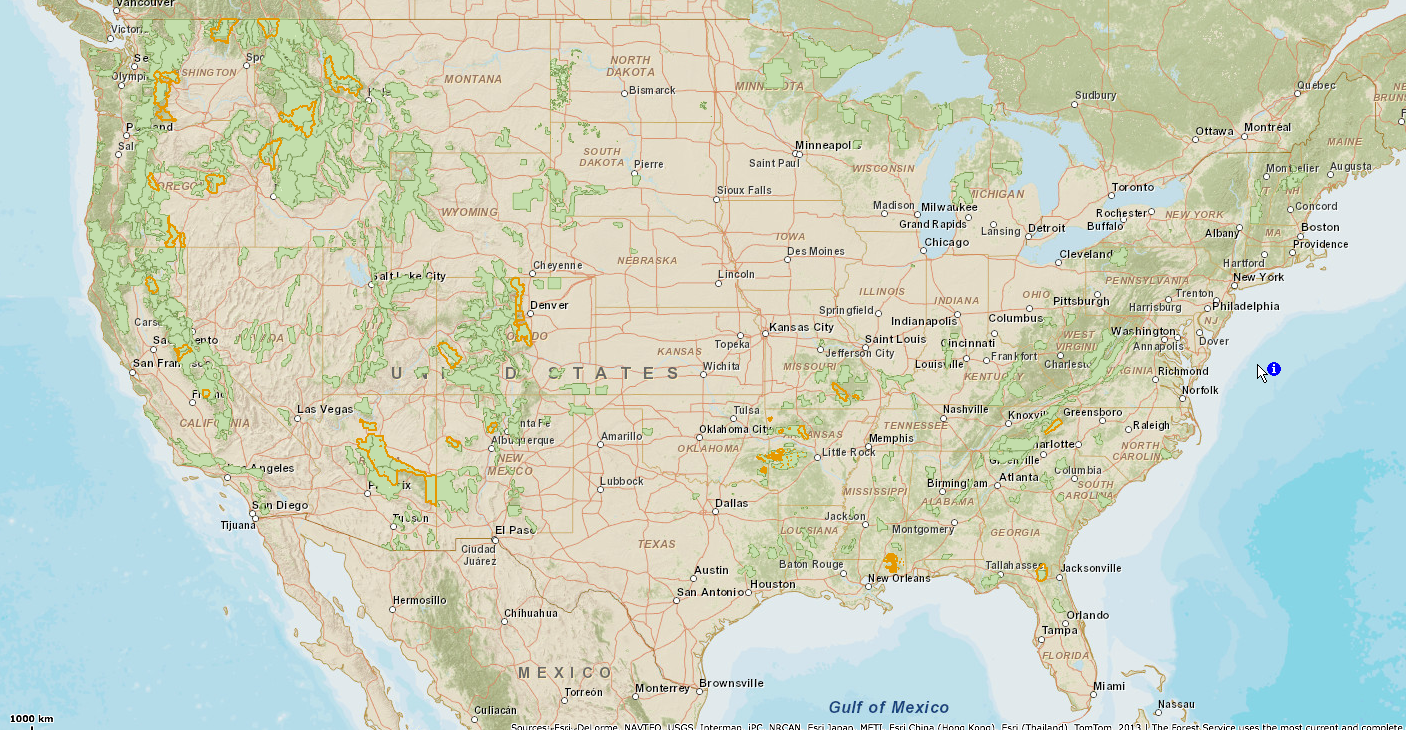Changes in land use and well intended, but misguided, forest suppression policies drastically altered our forests. Understanding what forests looked like before these changes is important for making forest management decisions as we work to proactively restore forest health and reduce the risks of catastrophic fire.
